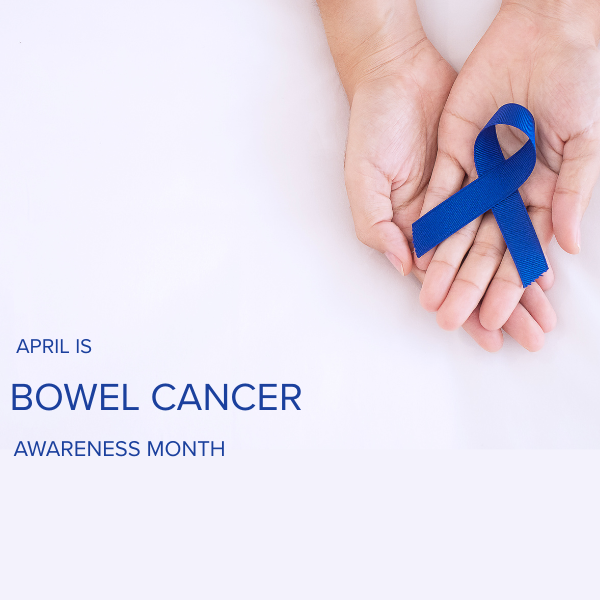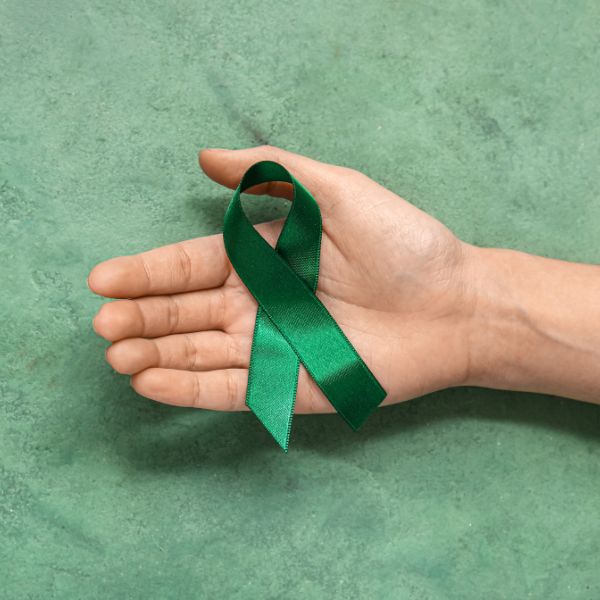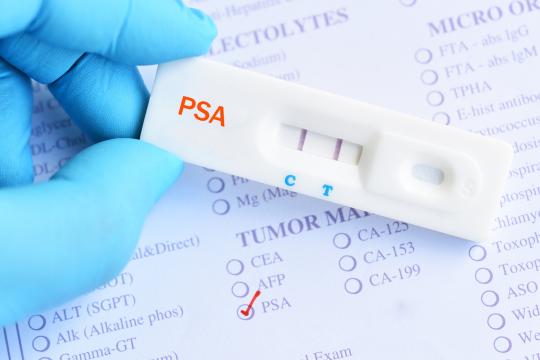Missed Fourth-Degree Tear Caused Devastating Injury to Young Mother
Fatal Medical Negligence Claims: Death by Medical Negligence.
Medical Negligence Death Compensation is the claim settlement available to those who have suffered the worst possible kind of loss. The loss of a relative or partner due to Death by Medical Negligence.
No amount of compensation can ever be enough to replace the person you have lost, but the claims process can investigate the wrongdoing and negligent actions of those responsible, and ultimately deliver justice, while also ensuring a financial settlement is reached to compensate you as much as possible for your loss. A successful Fatal Medical Negligence Claim can be of huge significance to families where young children or dependents are left behind, and where the deceased had been responsible for earning much of the household income.
If you have lost a family member following a surgical procedure or recent hospital stay, or possibly a relative has passed away due to an illness that was not identified by their GP, then firstly, we are extremely sorry for your loss,and we understand the pain you must be feeling. If you firmly believe their death could have been avoided or was a direct result of the action or inaction of a medical professional, we can hep you understand the likelihood of being able to make and win a Fatal Medical Negligence Claim.
Talk to our experts today. We will listen and we care. We will be with you for the journey ahead,
We understand that considering a Fatal Medical Negligence Claim for compensation is likely not to be at the forefront of your mind at such a distressing and emotional time. In cases where a family member dies unexpectedly and potentially due to errors with medical care, it can mean the sense of injustice, loss, and distress can be hugely intensified. Where there is a feeling that death should have been avoided, or there is the knowledge that your loved one has somehow been let down by the system or the medical professionals entrusted with their care and safeguarding life, then this can be an emotionally traumatic time.
If the loss of your family member was avoidable and was the result of negligent medical treatment, then it’s important to consider your options and talk to an experienced solicitor who can help you through the immediate options and process of making a Medical Negligence Death Compensation Claim.
The specialist Medical Negligence Solicitors here at Lanyon Bowdler handle every aspect of a medical fatality compensation claim in a professional and sensitive way. We have a long-established record of successfully securing justice for families and recovering compensation, and acknowledgement that medical errors did occur and caused the death of a loved one.
Get in touch today!
Can I make a Medical Fatality Claim?
In order to make a successful claim for Medical Negligence Death Compensation, you must prove two basic facts:
- The practitioner or healthcare organisation in charge of the care of the deceased committed a breach of their duty of care towards the patient.
- The breach of the duty of care is clearly related to the death of the patient.
Because of the nature of these cases, claims are brought forward by family members or loved ones. Following a fatality or wrongful death, there are two types of claims you are able to make.
The executor, administrator or personal representative of the estate can claim compensation for the pain and suffering of the deceased and their ‘loss of amenity’. This refers to the loss of the enjoyment of life, such as being unable to indulge in hobbies and interests.
Pain and suffering arise where death has been caused by a disease or condition with a lengthy period of suffering.
If this ‘loss of amenity’, pain and suffering was a result of medical negligence, then a claim for general damages can be made. However, no claim for future financial losses can be brought on behalf of the estate.
A claim can be brought by dependents of the deceased if they can show that they were, in fact, dependent or reliant upon the deceased in some way. Dependency essentially is a matter of fact and involves asking whether the dependent had a prospect of obtaining a financial benefit or services from the deceased.
The most common example of this is when a man dies as a result of clinical negligence and his wife previously relied upon his wage to maintain a certain quality of life. She is therefore entitled to compensation for the loss of income. If he was self-employed it would be loss of profit. It is likely that their children would also be dependent on that income.
Dependency can also cover things such as a company car or health insurance, and other fringe benefits associated with work. It may also include less tangible services – anything with a financial benefit, ranging from care, DIY or gardening to important matters such as the loss of a mother’s service when she tragically dies.
As well as proving dependency, claimants must show they are within one of the categories of people set out in the Act. This list has changed to reflect social developments over the years. Dependents are defined as the surviving spouse or cohabitee of the opposite sex, who has lived with the victim for more than two years, children or parents, or those persons treated as children or parents, grandchildren or grandparents.
The Civil Partnership Act 2004 must now also be taken into consideration by solicitors when determining who is dependent in a medical fatality claim.
Our Medical Fatality Claims Expertise
The Medical Negligence Team is recognised in Tier 1 for the West Midlands in the 2025 edition of the Legal 500, which states ‘The ‘efficient and pragmatic’ team at Lanyon Bowdler adopts a ’truly personal approach’ when dealing with cases involving birth, brain and fatal claims’. A testimonial reads: ‘Absolutely amazing service and communication. Personal treatment throughout, great advice and support’.
Chambers UK 2025 rank the department in Band 1 in the Midlands and state ‘an impressive practice group with a growing presence across the West Midlands. The team offers specialist advice across the full gamut of clinical negligence mandates, with particular experience in cases of surgical error, delayed diagnosis and failure to supervise those at risk of suicide. The firm is additionally skilled in cases relating to post-surgical negligence, brain injury and fatal claims.’
Lanyon Bowdler were shortlisted at the 2024 Personal Injury Awards for Outstanding Case of the Year, having also been shortlisted for the Team of the Year award in 2022 which they had previously won in 2018.
Department head Beth Heath, won Clinical Negligence Lawyer of the Year in 2022.
The Personal Injury Awards provides a unique opportunity to highlight and celebrate the excellence of individuals and organisations across the sector. The team is both proud and delighted to be recognised.
Your Medical Fatality Compensation questions answered
Mistakes or omissions in the medical care that should be afforded to us all sometimes do occur, below are just some of the examples of the types of medical fatality case we see:
- GP’s failure to diagnose worrying symptoms or failing to instruct the correct treatment
- Surgical errors made during routine surgery
- Anaesthetist errors that lead to an overdose of painkillers or that cause a lack of oxygen to the brain
- Prescription of incorrect drugs or doses of drugs
- Mistakes made in A&E
- Insufficient protection or monitoring of a mental health patient who is a suicide risk
- Cosmetic surgery complications
- Contraction of a hospital infection by vulnerable patients (children and the elderly)
The list above is certainly not exhaustive. Often, we can add a great deal of value to the investigation surrounding the death of a loved one under the care of medical professionals. In some cases, an inquest may be sought, or a post-mortem may be required if the cause of death is unknown or disputed.
Above all else, we will help you get justice for your loved one and help secure the compensation and closure your family deserves.
Claims for compensation for death due to medical negligence have been known to settle for a wide range of amounts, from a few thousands pounds to over £1 million. Each fatal medical negligence claim is unique, and it is impossible to give a general estimate on what your case would be valued without an assessment from our team. However, we can outline the process of how the value of your claim is calculated.
Firstly, eligible dependants may receive a statutory bereavement award for the death of a relative or loved one. This is currently valued at £15,120 – more details lower down in this page.
In addition to the flat rate of bereavement award, dependants will be able to claim compensation for a medical negligence related death as outlined in the Judicial College Guidelines. The range specified for this amount, which is effectively the General Damages or PSLA part of your compensation award for a medical fatality, is £15,300 to £29,060.
You may also be able to claim for Special Damages for a medical negligence death claim. These may include reimbursements for:
- Funeral expenses
- Dependency costs if you relied on the earnings of the deceased
- Loss of services, such as childcare or housework provided by the deceased
- Loss of consortium, meaning the loss of companionship
To find out how much your claim could be worth, contact Lanyon Bowdler today. Our expert Medical Negligence Death Solicitors will be able to guide you through the process of calculating, filing, and settling your claim for a medical negligence death. Our legal support means that you can be sure to be in safe hands in such a difficult time, and we can help you bring a claim to the practitioner, trust, or hospital that has caused the loss of a loved one.
As well as claiming damages for dependency, the Act also provides for a statutory award for bereavement. The categories of dependents who can claim the bereavement award are limited. If a husband or a wife dies, then the remaining spouse can claim for bereavement. If a child dies, then the parents can claim for bereavement if the child is a legitimate minor. If the child is an illegitimate minor, then the mother alone can claim bereavement.
The law allows for the following modest amounts to be recovered as a bereavement award in a medical negligence death pay-out:
- For deaths before 01 January 2008 – £10,000
- For deaths on or after 01 January 2008 – £11,800
- For deaths on or after 05 March 2013 – £12,980
- For deaths on or after 01 May 2020 – £15,120
Cases for compensation for death due to negligence are often complicated because of the large amount of money involved. As such, it is vital to build a strong case with good evidence of wrongdoing.
Some of the types of evidence you may require to claims for medical negligence death compensation are:
- Medical records related to the care of the deceased, especially in the weeks and months approaching their death.
- A report clearly stating the cause of death, likely from a coroner.
- Test results for the deceased from a time close to their death.
- Witness statements from others who can testify to the standard of care the deceased received.
Our Medical Negligence Death specialists can help you collect evidence and build a strong case that is more likely to receive the award it deserves. Contact us today.
Yes, your claim for compensation related to a medical negligence death is subject to time limits. This is typically 3 years from the date of death, although some exceptions may apply.
Note that while the Court may have the power to extend or otherwise modify this time limit, this is very rare and it should not be generally relied upon. If you are reaching the end of your claim’s eligibility, please contact Lanyon Bowdler today to find out how we can help.
What our clients say.
Contact Our Fatal Medical Negligence Claim Experts
If you believe the death of a family member was caused due to the negligent actions of doctors, healthcare professionals, or even due to procedural failings of the hospital trust at large, Our specialists in death due to medical negligence will help you understand if there are grounds to make a Medical Negligence Death Claim.
Our specialist Medical Negligence team are here to help you. We are award-winning and nationally recognised for our expertise and technical legal and medical capabilities surrounding matters of death by hospital negligence, and all situations that may lead to death by medical negligence.
Our aim is to support you and the dependents of the deceased immediately and for the long-term, we are with you and on your team for the journey ahead. We will listen, then suppport and advise you on the best course of action, no matter what has happened. Call us in confidence for friendly, confidential and compassionate advice when you are in need. Lanyon Bowdler regularly support families with Fatal Medical Negligence Claims on a No Win No Fee basis.
We are ready to help, so call us today.
There is no way to compenste tou fully for the person you have lost, but we are committed to providing exceptional levels of client care and will work closely and considerately with you to help find the best outcome, get justice, and make provision for ensuring life can be as comfortable as possible for the families we work with. Talk to us today.
With offices in Shrewsbury, Bromyard, Conwy, Hereford, Ludlow, Oswestry, and Telford, we act for clients throughout Shropshire, Herefordshire, Mid and North Wales. Our specialists regularly act for families across the Midlands, and our track record and expertise makes us specialists in Medical Negligence Death Claims in Birmingham, Wolverhampton, and Worcester. As a leading full-service law firm with some of the country’s most experience Medical Negligence Experts, we can represent you wherever you live in England or Wales.
Get in touch. We listen and we care. Give us a call or complete our online enquiry form, to see how our team can help you get the justice and compensation you deserve.
Meet the team.
Case studies.
Latest knowledge.
Our awards and accolades.
Get in touch.
"*" indicates required fields

 Back
Back




















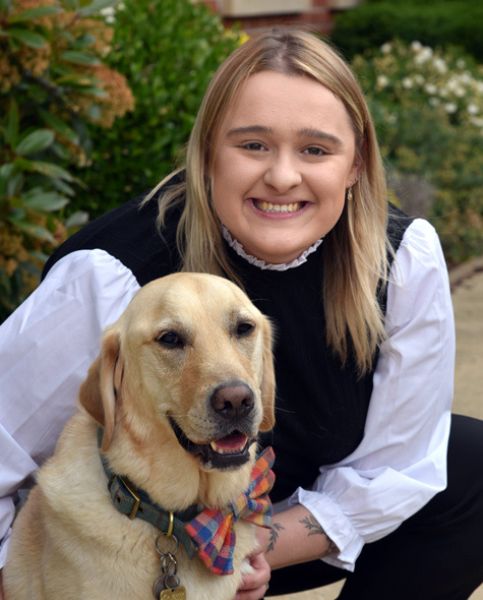


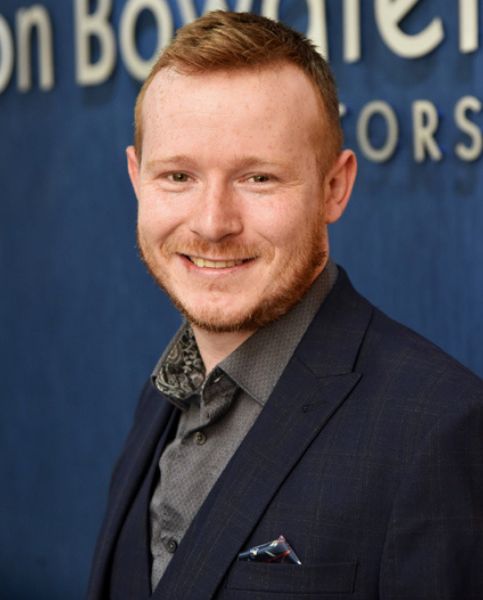



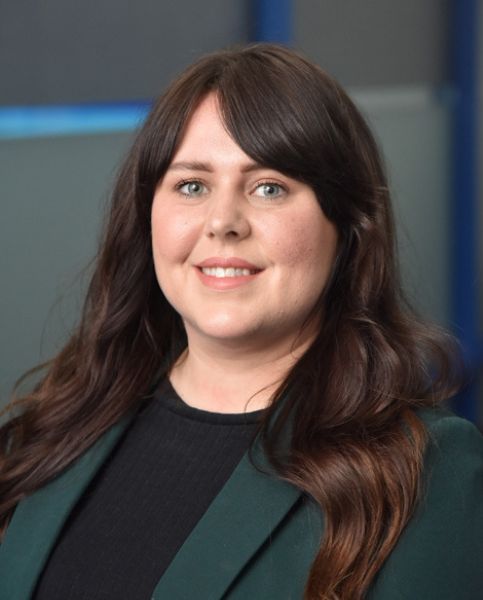
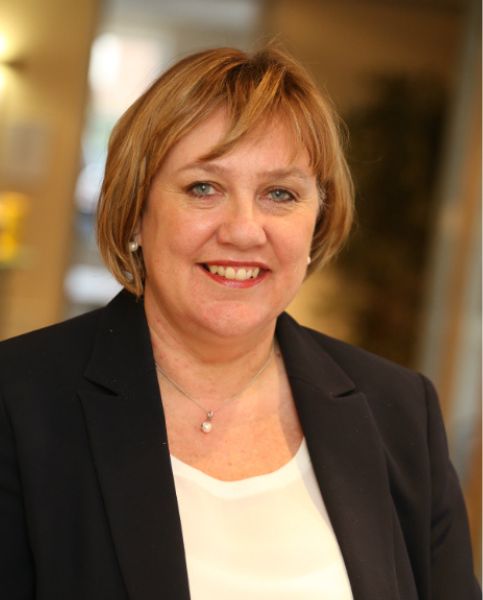
 Case Study
Case Study







 Blog
Blog

